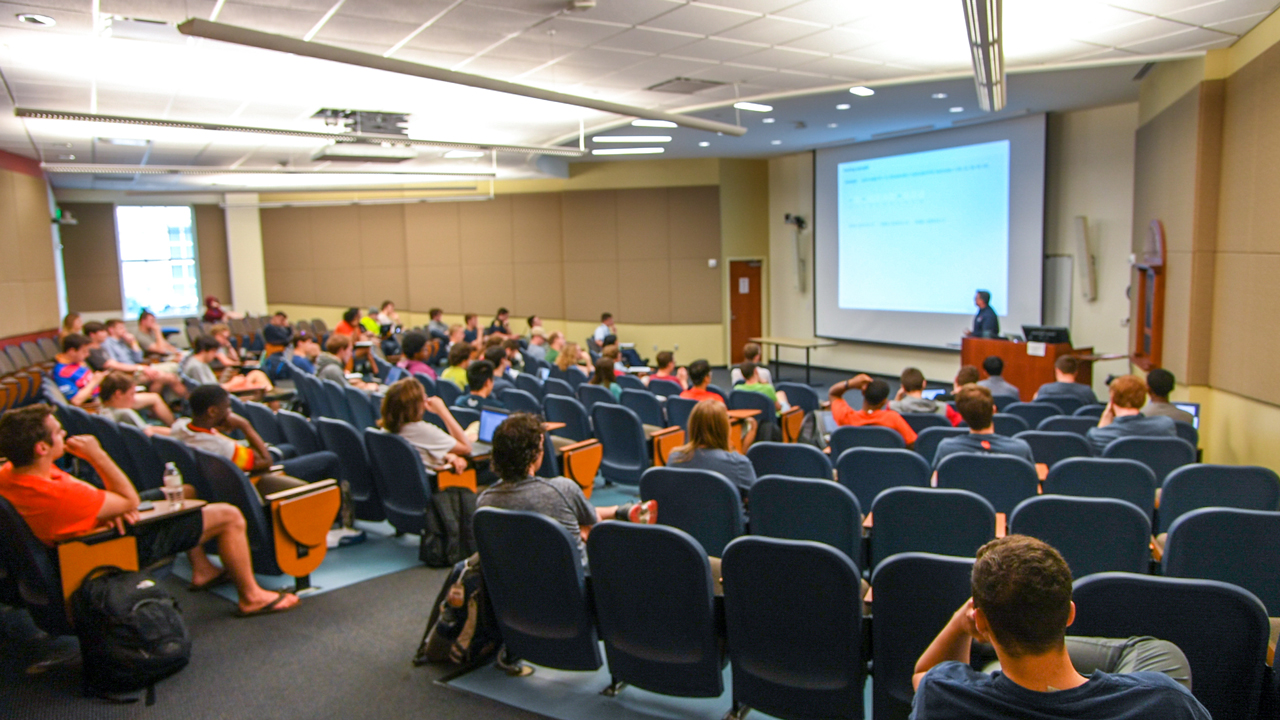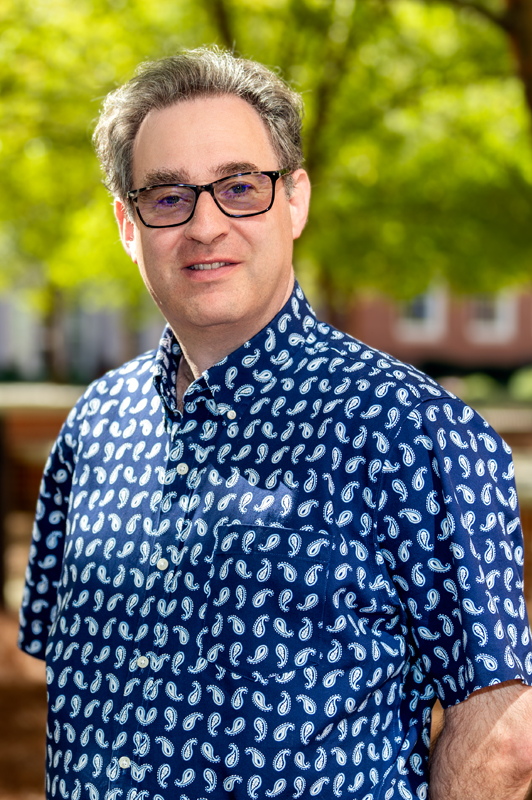NSF grant for AI and cybersecurity education awarded
Published: Jun 9, 2021 10:44 AM
By Alyssa Turner
In a society reliant on historically vulnerable technology, augmenting the limited number of highly skilled individuals in security with artificial intelligence (AI) in order to achieve the efficiencies of automation is an appealing avenue. Additionally, as malicious actors embrace AI’s ability to operate faster than human defenders, that threat will eventually require AI to provide real-time response.
Computer science and software engineering professors Drew Springall, Dean Hendrix and Daniel Tauritz have been awarded a National Science Foundation (NSF) grant for their project titled “Transformative Educational Approaches to Meld Artificial Intelligence and Cybersecurity Mindsets,” which seeks to explore educational approaches to combine the AI and security worlds.
Since the depth of knowledge necessary to effectively utilize AI in addressing security problems is infeasible for most students during the standard academic timelines, the project proposes the solution of a collaborative, group-based course combining students with backgrounds in either AI or security with students of the complementary discipline. The desired student outcome is the ability to participate in multidisciplinary teams to effectively collaborate on applying AI to security.
Debuting in spring 2022, seniors and first-year graduate students will help figure out how to bridge the gap between AI and security as well as gain a solid foundation on the combination with an eye towards improving on-going efforts across the two disciplines.
“We’re here to support Auburn University’s mission to be a national leader in security,” Tauritz said. “This is an innovative teaching strategy that will not only serve an area of national need, but also provide students with the opportunity to learn to work in interdisciplinary teams.”
Media Contact: , cmontgomery@auburn.edu, 334.844.3668
Computer science and software engineering faculty will debut a new class in spring 2022 that will explore how to bridge the gap between artificial intelligence and cybersecurity.




